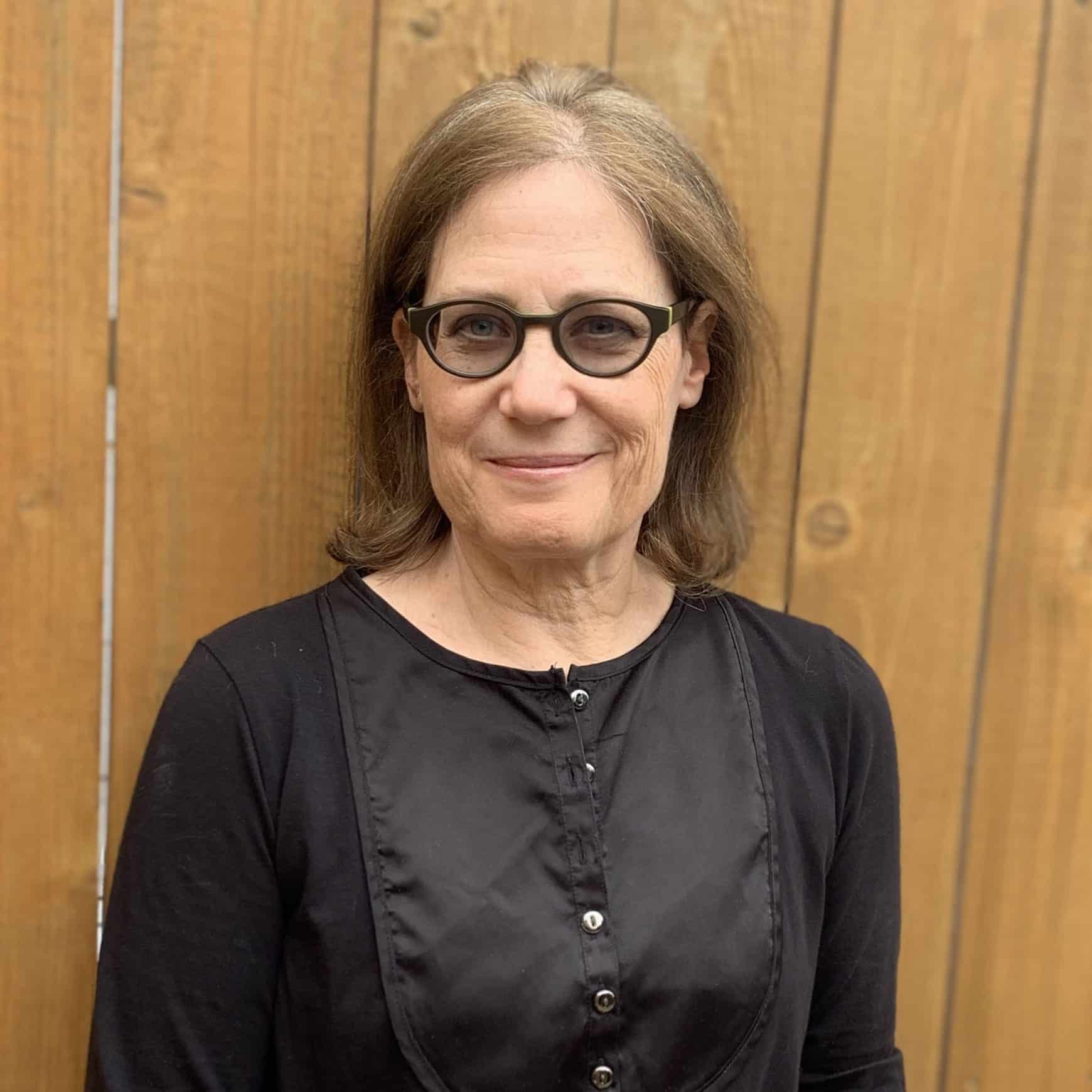If you are confused about breast cancer screening guidelines — how often to get mammograms and when to start — your instinct might be to head to the Centers for Disease Control and Prevention website for some clarification. But you may not get the answers you seek because there you will see a matrix with a confusing mix of recommendations from seven different organizations.
“Broadly they’re all in agreement that women should receive screening, but there’s some disagreement about whether they should start at age 40 or age 50,” says Dennis Citrin, MB ChB, PhD, a medical oncologist specializing in breast cancer at Cancer Treatment Centers of America.
There’s also disagreement about how often women should get screened. Some professional groups recommend an annual mammogram, while others say women should get a mammogram every two years.
Because of this confusion, a new nationwide study aims to determine the best approach by following two groups of women: one group that gets an annual mammogram and another group that gets a personalized recommendation, based on their health history, lifestyle, and genetics. Some of the women in the personalized group will get a mammogram every year, while others will get them either more often or less often, depending on their personal risk factors.
Knowing your risk
To know how often to get screened, you need to know whether you have an increased risk of breast cancer. But as we now know, there are many risk factors for breast cancer, including one very obvious risk factor. “The most important risk factor for breast cancer is being a woman,” says Olufunmilayo I. Olopade, MD, an oncologist at The University of Chicago Medicine, director of the Center for Clinical Cancer Genetics and Global Health, and lead investigator on the WISDOM study.
But besides this risk factor, family health history, genes, and lifestyle choices all affect breast cancer risk. If you have no apparent risks besides being female, you might be tempted to skip screening all together. That would not be a good idea.
“Every woman has to recognize that she is at risk for developing breast cancer and has to at least consider screening mammography,” Citrin says. “At what age and with what frequency, that’s something she should discuss with her individual physician.”
But with so many variables and so much confusing information, it’s hard to figure out which screening protocol is best.
Enter the WISDOM study. WISDOM — which stands for Women Informed to Screen Depending On Measures of risk — is enrolling 100,000 women in a large, national study comparing the benefits of an annual mammogram (the traditional screening advice) to a more personalized approach.
Olopade brought WISDOM to Chicago and encourages all women who are eligible to join the study, which is currently enrolling participants. Eligibility requirements are simple: you need to be female, between 40 and 74 years of age, and not have a previous diagnosis of breast cancer or ductal carcinoma in situ.
Olopade is particularly interested in seeing underrepresented groups participate in the study to ensure that its outcomes are relevant to all.
“Chicago is a really diverse city,” Olopade says. “We want to engage women on the South Side, the West Side, women who have not traditionally been included in research studies. So we are [recruiting] Black women, Hispanic women, immigrant women, Muslim women. It’s about all of us gaining wisdom about what we should do about our breast health.”
Participants can choose to go into the randomized cohort, annual screening cohort, or the personalized screening cohort, which will get more specific guidance about appropriate breast cancer screening. An individual participant may eventually learn that she needs to be screened more or less intensively and may avoid unnecessary biopsies as well.
Those in the personalized group give a sample for gene analysis and eventually receive a polygenic risk score, based on nine related genes and their lifestyle factors, to help them make educated decisions about breast cancer screening, Olopade says.
Taking charge of breast health
Short of joining the WISDOM study, there are a few fundamental steps that all women can take to prioritize their health, especially where breast cancer is concerned.
Until conclusions from the WISDOM study are available, Citrin says that mammograms are currently the best screening test available, albeit far from perfect. He urges women between the ages of 50 and 75 to continue to get them annually.
Women also should be aware of any changes in their breasts. “If you are in any way concerned about your breasts, make sure that you bring that to the attention of your doctor,” he says.
During the pandemic, many people have put off going to the doctor and have missed important health conditions as a result. “With Covid, we’ve seen patients delay, and that is a tragedy,” Citrin says.
Olopade goes a step further: “Know your risk. Don’t wait to know your risk. [Find it out] by age 30 and for sure by age 40. You need to make it your own personal mission to know your risk,” she says.
The WISDOM study can help with that. You can apply to join the study here, or ask your doctor how to complete your risk assessment and genetic testing.

Ronit Rose is a freelance writer, based in Chicago. She has a special interest in health, healthcare and preventive medicine.










